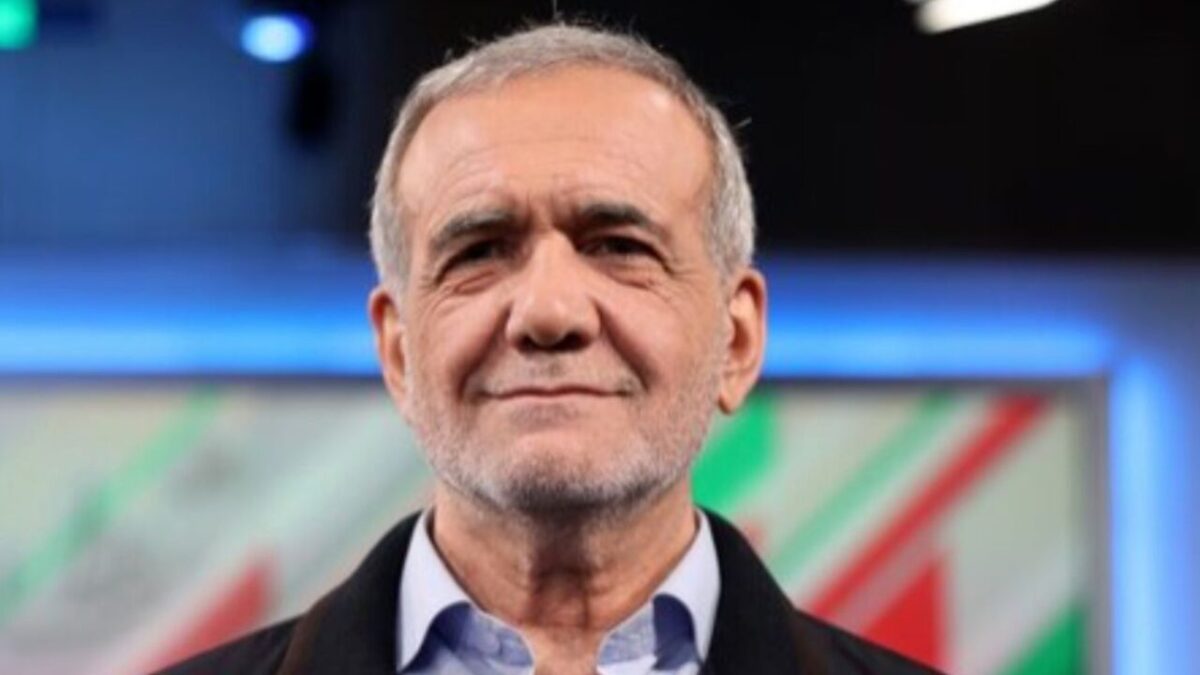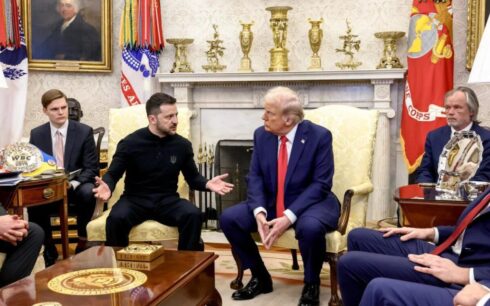Iran’s newly elected president, Masoud Pezeshkian, emphasized the importance of strengthening relations with neighboring countries in an op-ed outlining his foreign policy platform.
Pezeshkian detailed the new Iranian government’s regional and global policy amidst ongoing conflicts and tense relations with some regional and international powers. He stressed his commitment to fostering a strong region through cooperation rather than rivalry.
“Under my administration, we will prioritize strengthening relations with our neighbors. We will support the creation of a ‘strong region,’ not one where a country seeks hegemony over others,” he wrote. “I strongly believe that neighboring and brotherly countries should not waste their valuable resources in exhausting rivalries, armed rivalries, or needless containment of each other. Instead, our goal is to create an environment where we dedicate our resources to regional progress and development for the benefit of all.”
While Pezeshkian did not specifically mention Afghanistan, he expressed eagerness to cooperate with Middle Eastern and Gulf countries, including Saudi Arabia, with which Iran has a long-standing rivalry.
Experts suggest that Afghanistan is not a priority in Pezeshkian’s foreign policy, which aims to reduce regional tensions. “For Iranians, and especially for Pezeshkian, the region means reviving and strengthening relations with Saudi Arabia and the UAE. Iran has key relations with Iraq and Qatar. Obviously, Afghanistan and Pakistan are their two neighbors,” said Torek Farhadi, a political analyst.
Iran hosts millions of Afghan migrants, but there have been frequent reports of anti-migrant sentiments, harassment, and forced deportations. Pezeshkian addressed these concerns, suggesting a comprehensive strategy is needed.
“We must sit down with experts and come up with a strategy for this ongoing issue so that we don’t regret it later,” Pezeshkian said. “This is not just my concern. It’s the concern of the people who, when we attend gatherings, convey it to us.”
He further outlined his government’s approach to Afghan migrants in a series of posts on X, stating that the steps would include the complete closure of borders to prevent new entries, organizing current migrants, and negotiating with European countries to accept some Afghan migrants.





